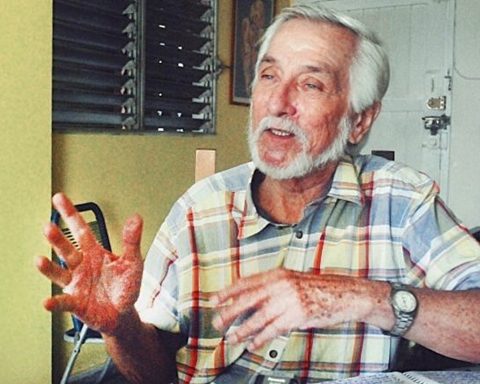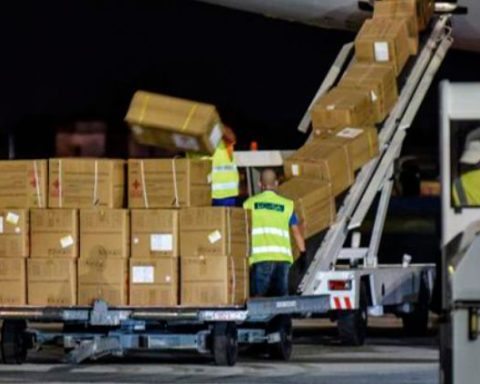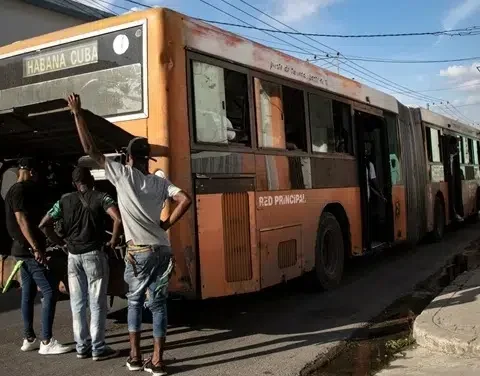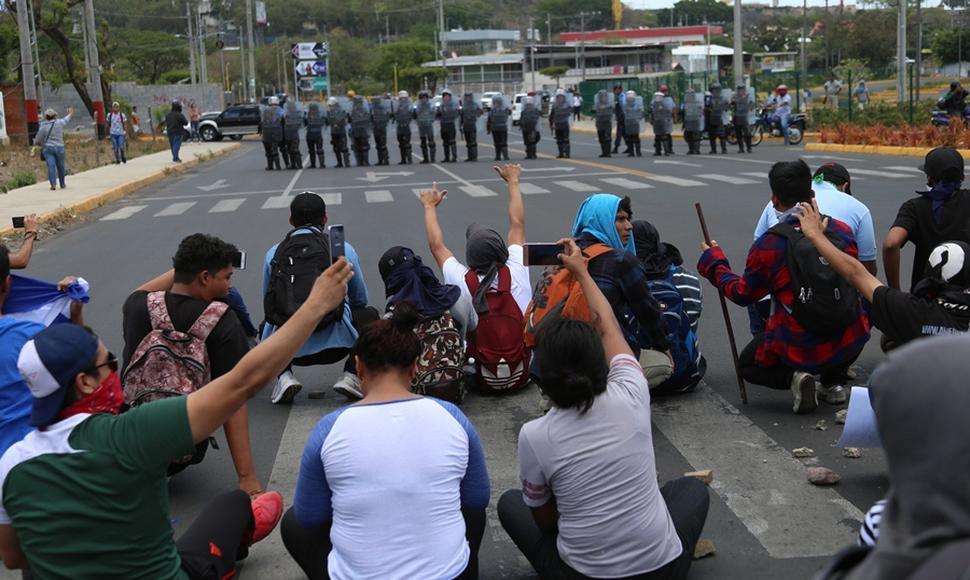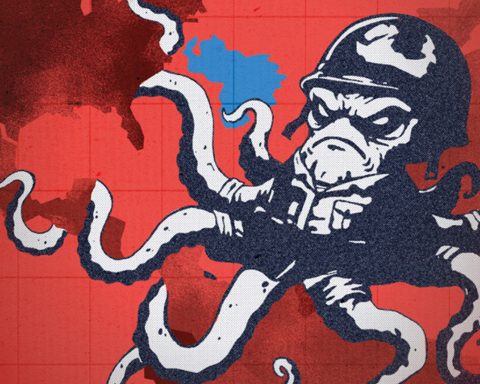LAS TUNAS, Cuba. — The illegal slaughter of cattle and sale of their meat persists in Cuba, although cattle rustling is punishable by imprisonment similar to the crime of homicide. When the regime thought to reduce the crimes of robbery and theft of cattle, authorizing the owners to comply with government ordinances to slaughter some cattle for their own consumption or sale of meat, far from appeasing, the butchers increased clandestine slaughter, and This has been reported by provincial media and national television this week. Then, it is worth asking: Why does cattle rustling persist in Cuba?
Before hastily answering that question, let’s review some historical background of livestock in Cuba and of his guardianship from the legal point of view, understand, criminal. As we know, in 1958, with a population of about six million inhabitants, the national bovine herd was estimated at about six million heads, for an average of 0.92 cattle per inhabitant. At that time, and according to the Social Defense Code, in force since April 1936 —which replaced the Spanish Penal Code, in force in Cuba since 1879—, the slaughter of cattle by their legitimate owners (that is, the breeders or traders who bought cattle for improvement and resale or for direct slaughter).
At that time, anyone who, without authorization from the competent authorities, or outside legally established slaughterhouses, or places authorized, will sacrifice animals at their free will.
Then it was promulgated Law 1018 of March 20, 1962prohibiting the legitimate owners from slaughtering their cattle and selling their meat, so that the penological guardianship, understood as the protection of the property, went from being private property and public health to the state monopoly, the only one authorized for the slaughter of bovine cattle and the sale of their meat, which, at one time, was supplied to the entire Cuban population through the ration card.
So it is useful to ask: Did criminalizing the slaughter of cattle and the sale of their meats protect the national herd? Has the state monopoly on beef solved the food problems of the Cuban nation? How much has cattle farming in Cuba decreased since penal laws were enacted to supposedly protect it?
Let’s look at these numbers. The best year for Cuban livestock in terms of number of heads was 1967, with seven million 172 thousand cattle, but even so, the average number of heads per inhabitant was 0.87, which does not reach the 0.92 obtained nine years before, in 1958. It should be noted that, from 1958 to 1989, the number of cattle cattle decreased from an average of 0.92 to 0.46 per inhabitant.
The monopoly of the totalitarian Castro-communist State on bovine meat has only increased crime against property, causing rustlers to proliferate like undesirable weeds, and worst of all: it has turned hundreds of thousands of Cubans into quasi-criminals and premeditated criminals, since , the person who buys meat from stolen animals, technically called “receivers”, in reality, they act as cover-ups for theft crimes, when not for robberies or other criminal actions that endanger the life and integrity of people.
Far from protecting the pressing food needs of the Cuban nation, the State’s monopoly on livestock only made dairy and meat products of bovine origin more expensive, practically disappearing from the markets in Cuban pesos and deficient and expensive in foreign currency, which is why today the people who lack freely convertible currencies, who are the majority of retirees and workers of the “socialist state enterprise”, to supply themselves with beef —cheaper than pork—, have no other option than to go to the butchers clandestines, who, to stock their refrigerators at dawn, with premeditation and treachery, care little if they kill a dairy cow, a team of oxen or a draft horse and attack the owner while passing through, which in itself entails another great problem of the Cuban countryside: that of the insecurity of the rural family, which discourages agricultural work and, by effect Boomerangcauses shortages and more expensive farm products.
Why does cattle rustling persist in Cuba? Well, because of the state monopoly. As long as there is no meat at reasonable prices in the public markets —because the communist ruling class does possess it and it is enough to look at its obscene obese things in a starving country— there will be clients-receivers of the rustler, who in Cuba are the clients of the thief and the concealers of the cattle rustling.
OPINION ARTICLE
The opinions expressed in this article are the sole responsibility of the person who issues them and do not necessarily represent the opinion of CubaNet.
